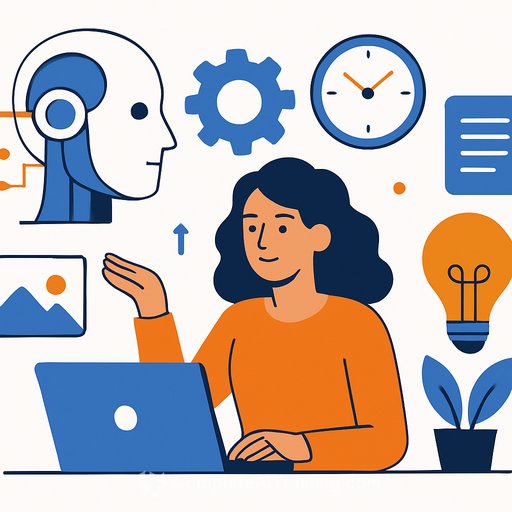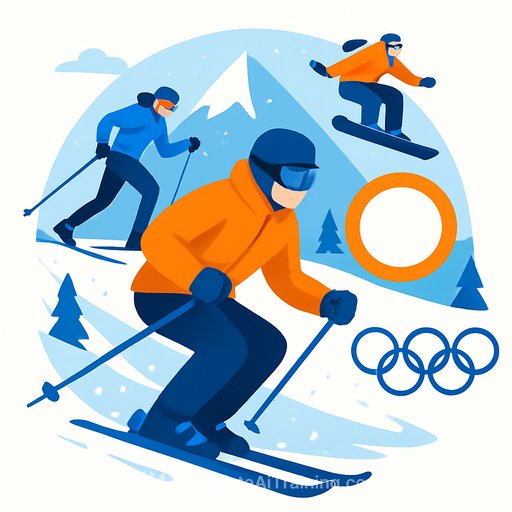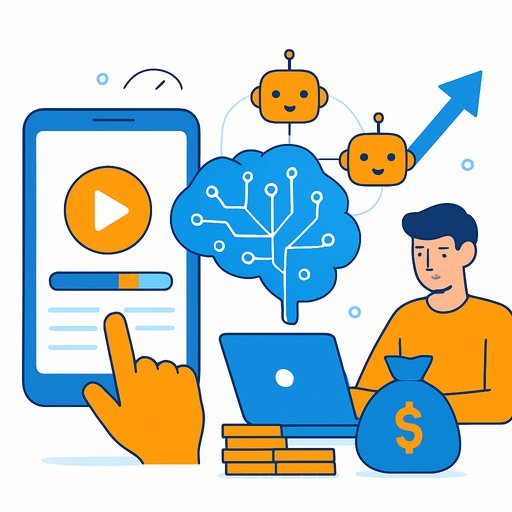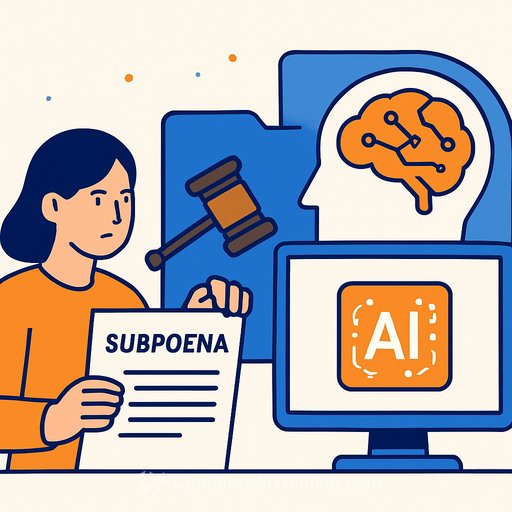No-brainer: creatives are using AI to save hours-and spend them better
AI isn't taking creative jobs. It's taking the busywork. Nearly half of creatives save five or more hours a week with AI, and one in five save over ten. Over a quarter say half or more of their deliverables are now AI-assisted, and 38% report those assets beat human-only work on key KPIs.
Yes, there are headline-grabbing misfires (see the debate around Coca-Cola's AI Christmas ad). But on the ground, teams are working faster, with fewer dead ends, and more time left for the parts that actually ship.
Where AI actually earns its keep
Brainstorming is the biggest win. No more staring at a blank page. Teams generate a batch of viable angles in minutes, then refine the best ones. Some even prototype digital human presenters during concepting to preview tone and delivery before production.
Briefs become structured outlines and workable drafts. Competitive scans and sources arrive pre-summarised. Time shifts from hunting links to shaping voice, narrative, and sequencing.
- Freelancers and solos: first-draft generation is the top time-saver.
- Visual designers: accessibility checks rank first (43%).
- Video teams: auto-captions and transcripts speed rough cuts and revisions.
Accessibility: faster work, cleaner compliance
Modern tools auto-generate subtitles and alt text, produce captions and transcripts, flag color-contrast issues, and batch fixes across large asset sets. That means campaigns move faster and stay compliant without burning hours on repetitive cleanup.
If you need the standard to aim at, review WCAG guidance from W3C for color contrast and text alternatives. W3C WCAG overview
Teams aren't doing less-they're going deeper
The number one reinvestment of saved time is deeper exploration of in-progress projects (32%). In practice: try alternate headlines and hooks, test a few visual routes before committing, and review extra cuts to tighten pacing and story. AI clears the early grind so you can sharpen what actually goes live.
Stress: easing for many, rising for some
Almost half (48%) report less burnout after adopting AI. A quarter (25%) say stress increased. Both can be true. AI removes the early grind, but some teams feel pressure to produce more variants, cover more channels, or climb a learning curve without adjusted expectations.
Writers and content roles report the strongest relief (68%). Stress is also down for visual design (44%), video/photography (46%), strategy and leadership (46%), and multi-disciplinary roles (43%). Production studios are mixed: 38% feel less stress, 31% feel more-deadline-heavy workflows likely explain the split.
For context on burnout as an occupational issue, see the WHO's overview. WHO: Burnout classification
How to use AI without burning out
- Choose clear use cases: ideation, first drafts, research synthesis, accessibility checks, and QA.
- Set quality bars and review gates. AI drafts; humans decide.
- Cap variant sprawl. Timebox exploration and limit options before deep dives.
- Measure what matters. A/B test and keep the workflows that move KPIs.
- Create shared prompt libraries and templates. Reuse what works.
- Book weekly learning time. One hour prevents tech debt and panic adoption.
Adoption is already mainstream
As one industry leader put it: "AI isn't a someday tool-it's here, and teams are already putting it to work." The headline stat: 90% of marketers are using generative AI at work, and 71% use it weekly or more. The move now is to formalise where AI fits best so your process runs faster with fewer dead ends.
Level up your workflow
If you want structured, role-specific ways to plug AI into your creative process, browse practical training and toolkits built for working creatives. Start with courses by role and vetted tool lists:
Your membership also unlocks:





